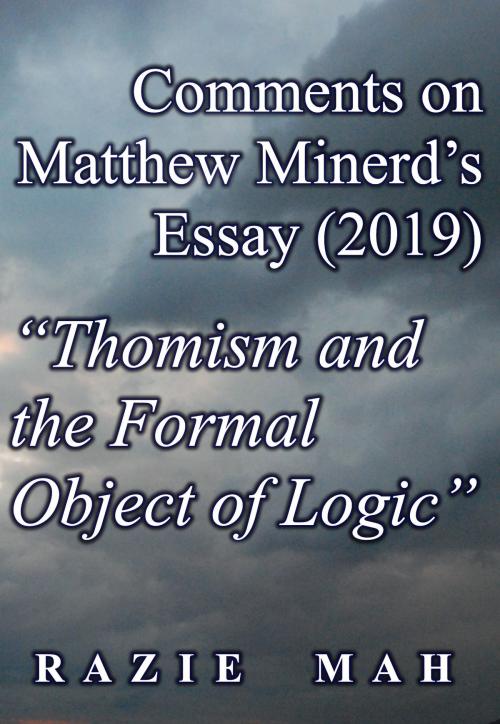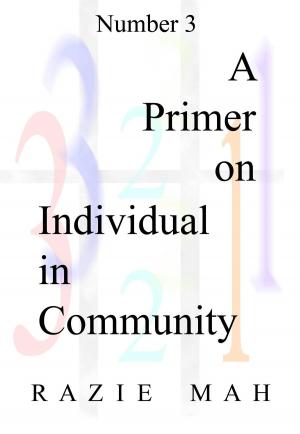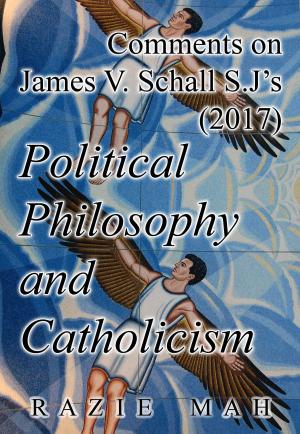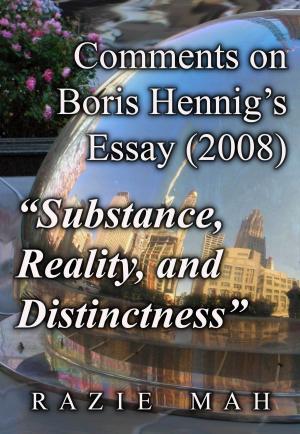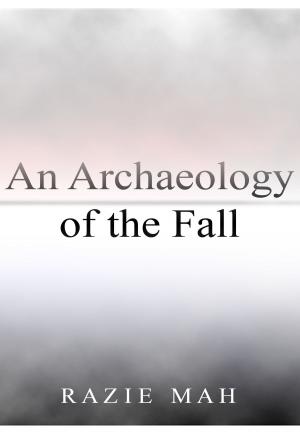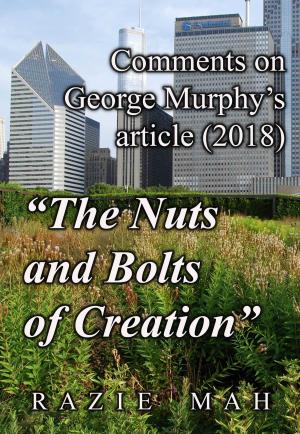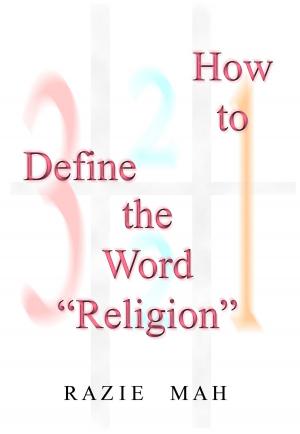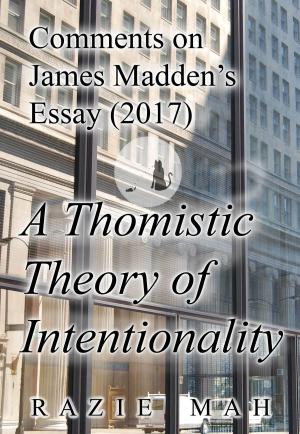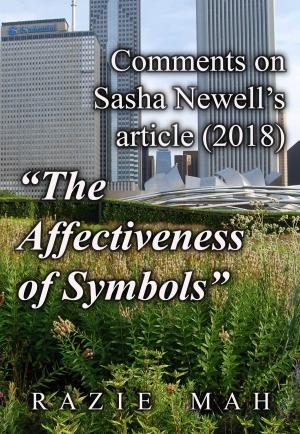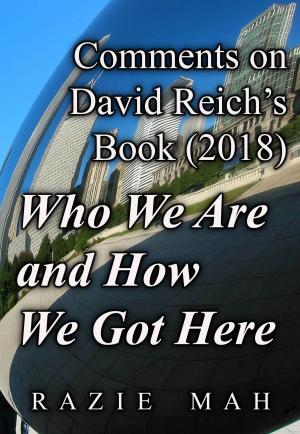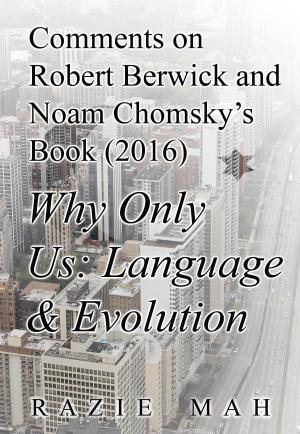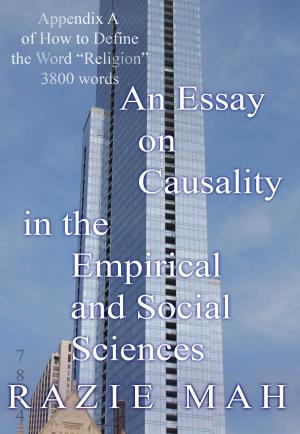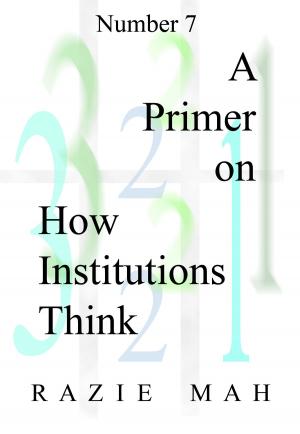Comments on Matthew Minerd’s Essay (2019) "Thomism and the Formal Object of Logic"
Nonfiction, Religion & Spirituality, Philosophy, Logic, Metaphysics| Author: | Razie Mah | ISBN: | 9781942824756 |
| Publisher: | Razie Mah | Publication: | June 22, 2019 |
| Imprint: | Smashwords Edition | Language: | English |
| Author: | Razie Mah |
| ISBN: | 9781942824756 |
| Publisher: | Razie Mah |
| Publication: | June 22, 2019 |
| Imprint: | Smashwords Edition |
| Language: | English |
Matthew K. Minerd Ph.D. considers the issue of ens rationis (mind-dependent being) through a sequence of vignettes, starting with Aristotle (5372-5452 U0’: Ubaid Zero Prime) and Avicenna (6780-6837), proceeding through Thomas Aquinas (7025-7074) and Hervaeus Natalis (7055-7123), and ending with Antoine Goudin (7439-7495). In 7819 U0’, he publishes “Thomism and the Formal Object of Logic” in the American Catholic Philosophical Quarterly.
The essay flows on two levels, the text and the footnotes. The footnotes begin by referencing recent books on social construction. For our current Lebenswelt, social construction creates cognitive spaces for sensible construction to operate.
In light of this, we may wonder, “Are these cognitive spaces true or false?”
This is where Aristotle and Avicenna start.
But, there is more to social construction than true versus false. There is also true versus deception.
This is where the formal object of logic dawns in the awareness. Social constructions are not merely true or false, they may also be honest or deceptive. Logic may assist in sorting this out.
But, there is another layer, since true and honest may lead to catastrophic results.
The path is set for researching the historical development of an increasingly lucid definition of the nature of logic, as the science of objectivity transforming into intersubjectivity.
Minerd’s research includes the laborious translation of Latin texts. Bless him for that. Now, the time has come to play.
Matthew K. Minerd Ph.D. considers the issue of ens rationis (mind-dependent being) through a sequence of vignettes, starting with Aristotle (5372-5452 U0’: Ubaid Zero Prime) and Avicenna (6780-6837), proceeding through Thomas Aquinas (7025-7074) and Hervaeus Natalis (7055-7123), and ending with Antoine Goudin (7439-7495). In 7819 U0’, he publishes “Thomism and the Formal Object of Logic” in the American Catholic Philosophical Quarterly.
The essay flows on two levels, the text and the footnotes. The footnotes begin by referencing recent books on social construction. For our current Lebenswelt, social construction creates cognitive spaces for sensible construction to operate.
In light of this, we may wonder, “Are these cognitive spaces true or false?”
This is where Aristotle and Avicenna start.
But, there is more to social construction than true versus false. There is also true versus deception.
This is where the formal object of logic dawns in the awareness. Social constructions are not merely true or false, they may also be honest or deceptive. Logic may assist in sorting this out.
But, there is another layer, since true and honest may lead to catastrophic results.
The path is set for researching the historical development of an increasingly lucid definition of the nature of logic, as the science of objectivity transforming into intersubjectivity.
Minerd’s research includes the laborious translation of Latin texts. Bless him for that. Now, the time has come to play.
